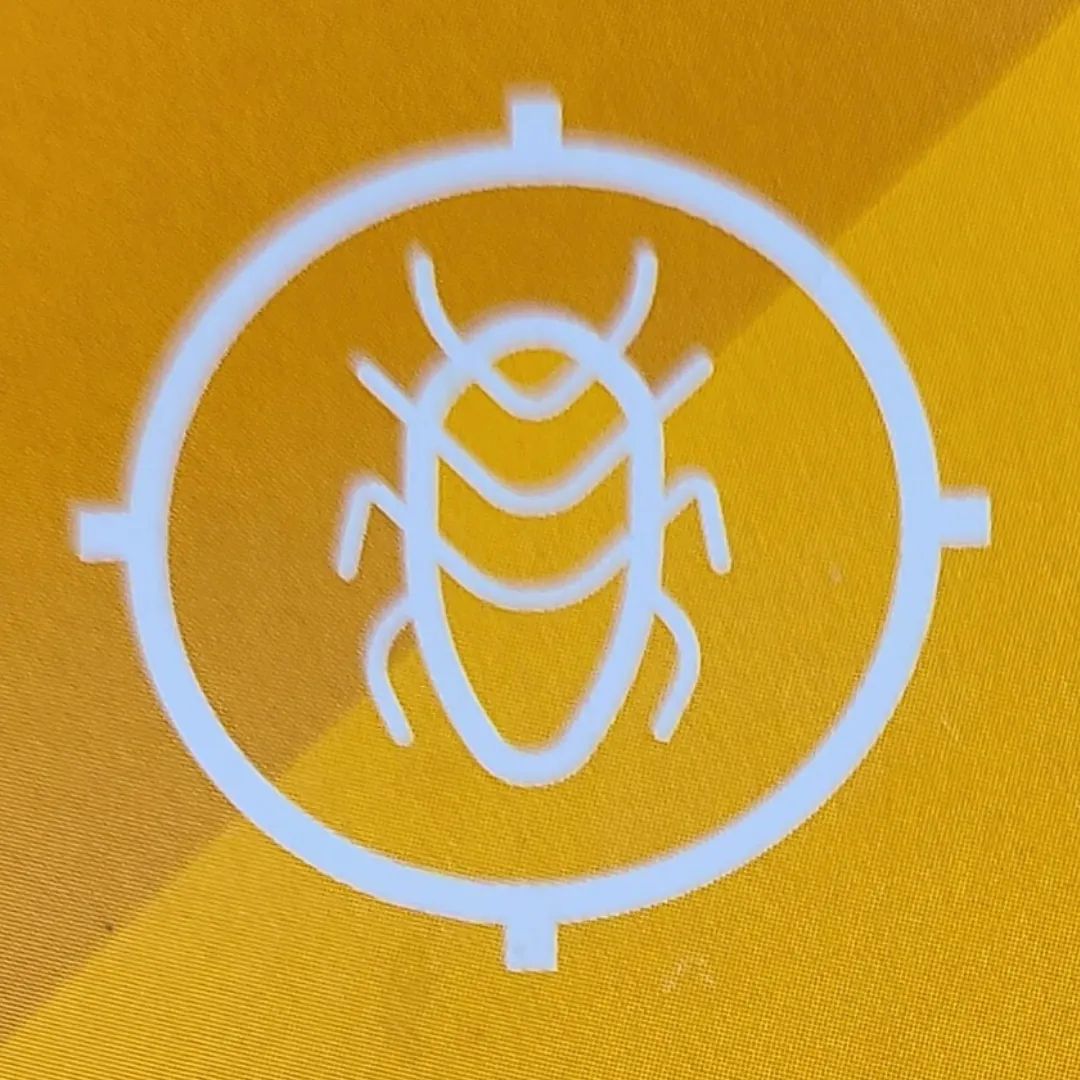The Local Ottawa Journal
WAYNE'S PEST JOURNAL

Explore The Impact of Climate Change on Pest Infestations in Ottawa
“We are the first generation to feel the impact of climate change and the last generation that can do anything about it .” - Barack Obama
Introduction:
As climate change continues to reshape our planet, its effects on ecosystems and wildlife are becoming increasingly apparent. Ottawa, the capital city of Canada, is not immune to these changes. The impact of climate change on pest infestations in Ottawa is a growing concern, as shifts in temperature, precipitation patterns, and other climate-related factors influence pest behaviors and populations. In this comprehensive guide, we will delve into the specific ways in which climate change affects pest infestations in Ottawa, the key factors driving these changes, the implications for public health and the environment, and actionable steps to adapt and mitigate pest-related challenges in a changing climate.
Factors Driving Increased Pest Activity:
Climate change introduces several factors that contribute to the increased activity and proliferation of pests in Ottawa. These factors include:
Temperature Shifts:
Rising temperatures associated with climate change create more favorable conditions for pests. Warmer temperatures can accelerate the development and reproduction cycles of various pests, leading to higher population densities. For example, higher temperatures can result in shorter breeding cycles for mosquitoes, leading to a larger number of potential disease carriers.
Altered Precipitation Patterns:
Changes in precipitation patterns, including increased rainfall or drought conditions, can influence the availability of food and water sources for pests. Moisture plays a critical role in the survival and reproductive success of many pests, and shifts in precipitation can impact their populations and distribution. Excessive rainfall may create breeding grounds for mosquitoes, while drought conditions can drive pests to seek water sources indoors, increasing the risk of infestations.
Extended Growing Seasons:
Longer and milder growing seasons resulting from climate change provide pests with extended periods of favorable conditions for breeding and feeding. This can lead to more generations of pests within a single season, causing population surges. Pests such as rodents and insects have more time to reproduce and find ample food sources, leading to larger populations and increased infestations.
Altered Geographic Ranges:
Climate change can alter the geographic distribution of pests, allowing them to expand into new areas. Warmer temperatures may enable pests that were once limited to southern regions to move farther north, introducing new pest species and challenges for Ottawa. This expansion of pests into new territories can disrupt local ecosystems and pose new threats to native species.
Implications for Public Health and the Environment:
The impact of climate change on pest infestations extends beyond mere inconvenience. It poses significant risks to public health and the environment. Here are a few key implications:
Vector-Borne Diseases:
Pests such as mosquitoes and ticks thrive in warmer and more humid conditions. As climate change creates suitable environments for these vectors, the risk of vector-borne diseases like West Nile virus, Lyme disease, and other tick-borne illnesses increases. Effective pest control measures are crucial to protect public health. Individuals should be vigilant in implementing personal protective measures, such as using insect repellents and wearing protective clothing, to reduce the risk of being bitten by disease-carrying pests.
Ecological Disruptions:
Pests play a role in maintaining ecological balance, but when their populations surge due to climate change, they can disrupt the delicate equilibrium of ecosystems. This disruption can lead to cascading effects on native species, vegetation, and other organisms, impacting biodiversity and ecosystem health. For instance, an increase in rodent populations can have negative effects on bird populations and cause damage to native plant species.
Agricultural and Economic Impacts:
Pests pose challenges to agriculture and can have economic consequences. Changes in pest populations and behaviors can damage crops, reduce yields, and increase production costs. Climate change-related pest infestations may require adjustments in agricultural practices and pest management strategies to mitigate these impacts. Farmers and agricultural stakeholders need to adapt to changing pest dynamics and explore sustainable pest control methods to ensure food security and economic stability.
Adapting and Mitigating Pest-Related Challenges:
Addressing the impact of climate change on pest infestations requires a proactive and multi-faceted approach. Here are steps individuals, communities, and authorities can take to adapt and mitigate pest-related challenges in Ottawa:
Integrated Pest Management (IPM):
Implement an Integrated Pest Management approach that combines preventive measures, monitoring, and targeted control strategies. IPM focuses on using a combination of methods, such as habitat modification, cultural practices, biological control, and least-toxic pesticide applications, to manage pest populations effectively while minimizing environmental impact.
Property Maintenance:
Maintain your property to reduce potential pest entry points. Seal cracks and gaps in foundations, windows, doors, and other openings to prevent pests from infiltrating. Regularly inspect and repair screens, vents, and roofing to ensure they are intact. Properly store and dispose of waste, as it can attract pests like rodents and flies.
Water Source Management:
Manage water sources on your property to minimize standing water, which serves as breeding grounds for mosquitoes and other pests. Regularly inspect and clean gutters, remove debris from drains, and ensure proper drainage to prevent water accumulation. Fix leaky faucets and repair irrigation systems to minimize excess moisture.
Public Awareness and Education:
Raise awareness about the impact of climate change on pest infestations and the importance of proactive pest management practices. Engage in community education initiatives, share information and resources, and collaborate with local authorities and pest control professionals. Encourage individuals to take preventive actions and report pest-related issues promptly.
Step-by-Step Guide:
Assess Your Property: Conduct a thorough inspection of your property to identify potential entry points, standing water sources, and areas prone to pest infestations.
Implement Preventive Measures: Seal cracks, gaps, and openings to prevent pests from entering your property. Eliminate standing water and ensure proper drainage to reduce pest attraction.
Monitor Pest Activity: Regularly check for signs of pest activity, such as droppings, chewed wires, or gnaw marks. Monitor pest populations and trends to identify infestations early.
Integrated Pest Management: Implement an Integrated Pest Management approach that includes prevention, monitoring, and targeted control measures based on the specific pest species and severity of infestation.
Seek Professional Assistance: In complex or severe pest infestations, consult with licensed pest control professionals who have experience in dealing with climate change-related pest challenges.
Let's take action to address the impact of climate change on pest infestations in Ottawa. By implementing proactive pest management strategies and raising awareness in our communities, we can protect public health, preserve the environment, and build a resilient future. Share your thoughts, experiences, and questions in the comments section below and join the conversation on combating climate change and pest infestations.
Additional Resources:
City of Ottawa Climate Change Master Plan: ottawa.ca/en/city-hall/public-engagement/projects/climate-change-master-plan
Government of Canada Climate Change: canada.ca/en/services/environment/weather/climatechange.html
Ontario Ministry of Agriculture, Food and Rural Affairs - Pest Management: omafra.gov.on.ca/english/crops/insects/ipm.html
Ottawa Public Health - Vector-Borne Diseases: ottawapublichealth.ca/en/public-health-topics/vector-borne-diseases.aspx
Canadian Wildlife Federation: cwf-fcf.org
Remember, adapting to the impact of climate change requires collective effort and informed action. Together, we can make a difference in managing pest infestations and creating a resilient Ottawa for future generations.

Wayne's Pest Extermination
1159 Brasseur Cr.
Ottawa
Ontario
K4A 4Y5
At Wayne's Pest Extermination, we understand the importance of keeping your home or business free from unwanted pests. Serving Ottawa and the surrounding areas, our team of expert exterminators is dedicated to providing effective and environmentally responsible pest control solutions tailored to your needs.
© Copyright 2023 Wayne's Pest Extermination in Ottawa. All rights reserved.